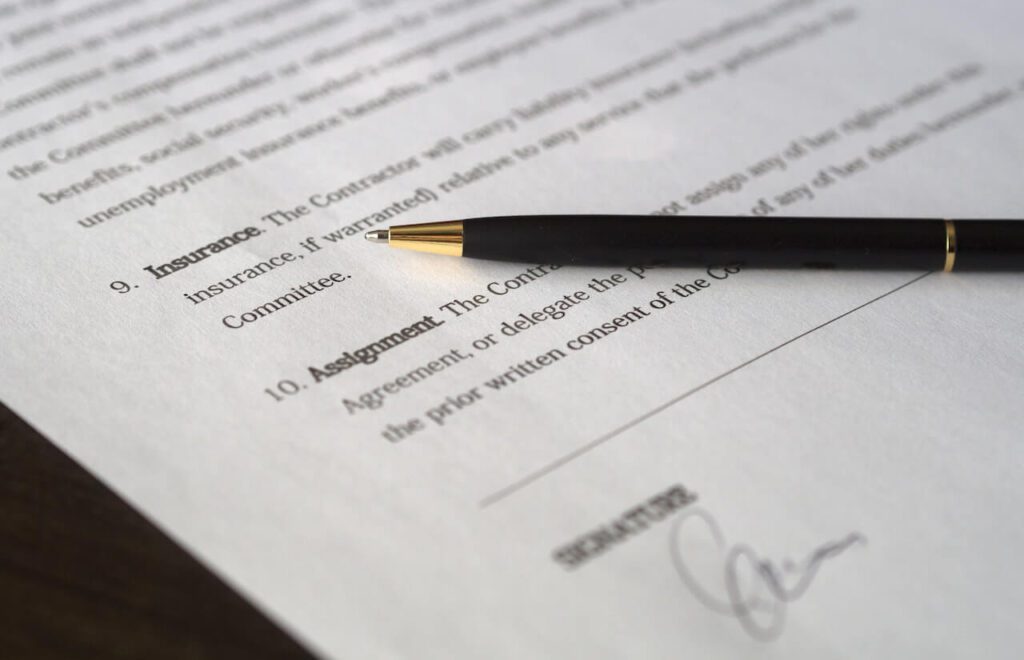In India, the process for obtaining licenses for events can vary depending on the specific type of event and location. Here are a few things to consider by the Event Management Companies when obtaining licenses for events in India:
Type of event: The type of event will determine which licenses are required. For example, events that involve the sale of alcohol will typically require a liquor license. Events that involve the use of music may require a copyright license.
Location of the event: The location of the event will also impact the licensing requirements. Some locations may require additional permits or licenses for events, such as a fire safety clearance or a noise pollution clearance.
Timing of the event: The timing of the event may also impact the licensing requirements. For example, events that take place during certain holidays or festivals may require additional permits or approvals.
Size of the event: The size of the event may also impact the licensing requirements. Large events may require additional permits or approvals, such as a traffic management plan or a crowd control plan.
It is important to carefully research and understand the licensing requirements for your event in India. Failure to obtain the necessary licenses can result in fines or even the cancellation of the event. It is recommended to work with a professional event planner or coordinator who is familiar with the licensing process in India.
Guide to Event Licenses and Permits
In the world of event planning, securing the necessary licenses and permits is paramount to ensure the success of your event. These legal requirements not only demonstrate your commitment to safety and compliance but also help avoid potential setbacks and legal issues. This comprehensive guide will walk you through the various event licenses and permits needed for a successful event, helping you navigate the complex regulatory landscape with ease.
Table of Contents
- Understanding the Importance of Event Licenses
- Types of Event Licenses and Permits
- How to Obtain Event Licenses
- Common Challenges and Solutions
- The Impact of Proper Licensing on Event Success
- Conclusion
1. Understanding the Importance of Event Licenses
Event licenses and permits are legal documents that grant you the authority to host an event in a specific location and time. They are essential for various reasons:
- Legal Compliance: Obtaining the necessary licenses ensures that your event complies with local, state, and federal regulations, helping you avoid legal issues.
- Safety: Many licenses include safety requirements, such as crowd control measures and fire safety, which are crucial for the well-being of your attendees.
- Venue Approval: Event licenses often require the approval of the venue where the event will take place, guaranteeing that the location is suitable for your event.
2. Types of Event Licenses and Permits
There are several types of licenses and permits that may be required depending on the nature of your event. These include:
a. Business Licenses
These licenses are essential for all events, as they permit you to operate legally and are issued by the local business authority. Without a valid business license, your event may be shut down.
b. Special Event Permits
These permits are event-specific and may include temporary liquor licenses, fireworks permits, or permits for selling merchandise. They are usually obtained from local government agencies.
c. Health and Safety Permits
Events serving food or beverages need health permits, while large gatherings require safety permits to ensure crowd control and emergency planning.
3. How to Obtain Event Licenses
Securing event licenses and permits can be a complex process, but with careful planning, it can be simplified:
- Identify Your Needs: Determine which licenses and permits are required for your specific event.
- Application Process: Contact the appropriate local and state authorities to begin the application process.
- Application Requirements: Prepare the necessary documentation, such as event details, safety plans, and insurance coverage.
- Payment of Fees: Be prepared to pay any associated fees, which vary based on the type and scale of the event.
4. Common Challenges and Solutions
When dealing with event licenses, you may encounter challenges such as delays, rejections, or unforeseen legal requirements. Here’s how to handle them:
- Early Planning: Start the licensing process well in advance to allow time for any unexpected issues.
- Consult with Experts: Consider hiring a legal expert or consultant who specializes in event licensing to navigate complex regulations.
- Flexibility: Be prepared to adjust your event plans if certain permits are hard to obtain or prohibitively expensive.
5. The Impact of Proper Licensing on Event Success
Obtaining the necessary event licenses and permits is not just a legal requirement; it can significantly impact the success of your event. Benefits include:
- Enhanced Reputation: Proper licensing demonstrates professionalism and commitment to safety, enhancing your event’s reputation.
- Avoiding Legal Trouble: Compliance prevents potential legal issues that could disrupt or even cancel your event.
- Safety: Licenses often come with safety requirements, ensuring the well-being of attendees.
Conclusion
In the world of event planning, obtaining the right licenses and permits is non-negotiable. It’s a critical step that can make or break your event’s success. By understanding the types of licenses, navigating the application process, and overcoming challenges, you can ensure your event proceeds without a hitch and achieves the acclaim it deserves. Don’t leave your event’s success to chance; make licensing a top priority.

